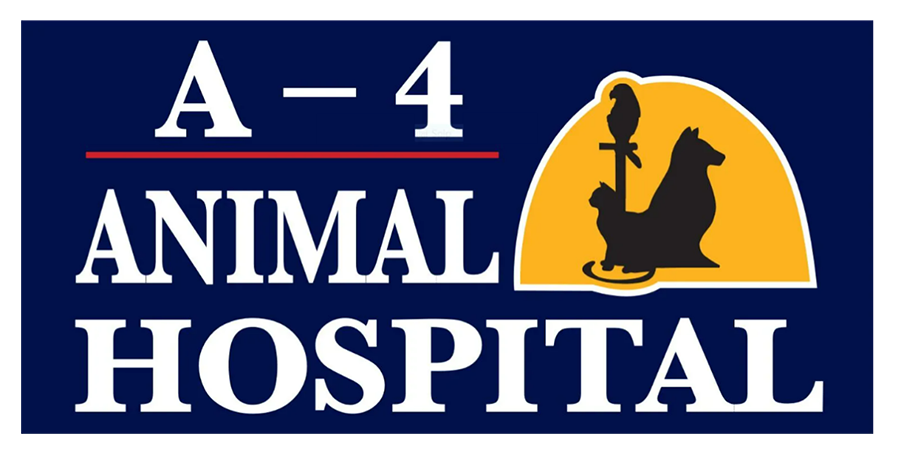Library
-
Phenylpropanolamine is given by mouth and is used on and off label to treat urinary incontinence. Give as directed by your veterinarian. The most common side effects include vomiting, diarrhea, lack of appetite, increased thirst, restlessness, irritability, and difficulty urinating. Do not use in pets that are allergic to it or are pregnant. If a negative reaction occurs, please call your veterinary office.
-
Phytonadione (brand names: Mephyton®, Phytomenadione®, Aqua-Mephyton®, K-Caps®, Konakion®, Hemophyt®) is given by mouth and is used on and off label to treat vitamin K1 deficiencies in a variety of animal species, usually due to toxicities. Give as directed by your veterinarian. Side effects are uncommon. Do not use in pets that are allergic to it unless the benefits outweigh the risks. If a negative reaction occurs, please call your veterinary office.
-
Phytosphingosine topical (brand names Douxo®, SkinGuard®) is an anti-inflammatory agent, with antibacterial and antifungal properties. It is used in cats and dogs to help relieve itching in certain skin conditions and help restore the skin barrier. Phytosphingosine topical may be part of a combination product.
-
The domestic pigeon includes over 300 breeds, all descending from the rock dove. They originated in Eurasia, but are now found all over the world. They come in many color combinations and their plumage can include anything from feathered feet to crested, maned, or hooded heads. They are generally hardy birds that are easy to tame and care for. As with any pet, pigeons require regular, routine veterinary health checkups.
-
Pigmentary keratitis is a discoloration of the cornea due to chronic inflammation and is most common in brachycephalic breeds. In many cases, complete resolution cannot be achieved, but the condition can be stopped or slowed down if the underlying cause can be identified and treated. Surgery and medications may be used to help address the problem.
-
Pilocarpine is used off-label and given by mouth in food to treat neurogenic keratoconjunctivitis sicca, and used topically in the eye to diagnose cranial nerve III problems. Common side effects include irritation of the eye, and more severe side effects include vomiting, diarrhea, increased salivation and urination, and coughing. Do not use in pets that are allergic to it or that have secondary glaucoma.
-
Pimobendan is a medication given by mouth as a tablet or liquid, used to treat congestive heart failure in dogs. Its use in cats is off label. The most common side effects include decreased appetite and diarrhea.
-
The common rabbit pinworm, Passalurus ambiguus, is an intestinal parasite. It does not posea serious health threat to rabbits, but it can cause uncomfortable itching and skin inflammation or redness around the anus. Rabbits become infected with pinworms by eating feces that contain pinworm eggs. Pinworms are challenging to treat because rabbits are coprophagic, so can potentially reinfect themselves during treatment.
-
Pyometra in Dogs
La infección del útero se instaura a consecuencia de determinados cambios hormonales. Tras el estro (celo), los niveles de progesterona permanecen elevados durante 8-10 semanas y producen un engrosamiento de la mucosa uterina para preparar la gestación.
-
Pyometra in Cats
En términos sencillos, una piometra es una infección del útero. Una piometra es una condición seria que debería tratarse rápida y agresivamente.

